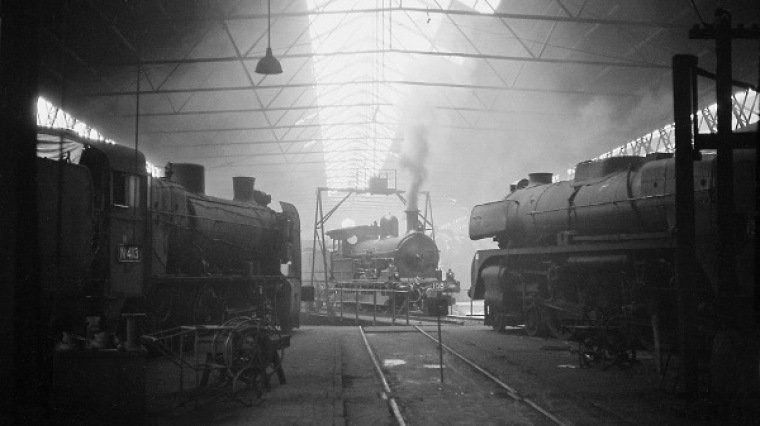
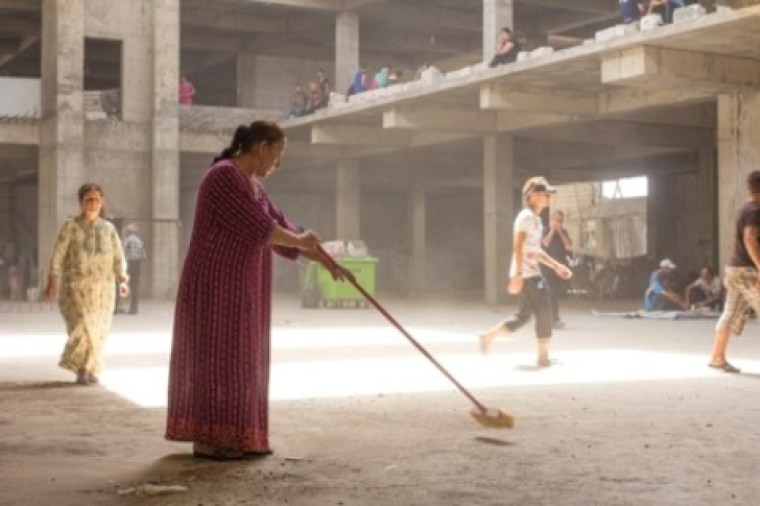
An election must be in the wings even two years out as once again the proverbial high speed train is again on the air waves.
I cannot recall how may times the high speed train phenomenon has got ravelled out as an election of some kind is somewhere ahead. The recent Utopia ABC television sitcom (Wednesday 27 August) in hilarious form dealt with this same phenomenon.
The push for an east coast, high-speed, rail link has received a boost, with the Abbott government holding a series of high-level meetings with Japanese, Chinese, Spanish and French rail companies in Australia and abroad. Trade Minister Andrew Robb said the talks had included discussions on financial models to make the project viable, despite its hefty estimated price tag of $110 billion and the government's fiscal constraints.
Here we go again, another push to do something more constructive than the current dead in the water previous big new release high speed rail projections over the past thirty five years.
We all remember the 2013 federal election campaign when the then Prime Minister Kevin Rudd released yet again another high speed rail promise – elect me and my lot and we'll initiate an investigation as to whether this high speed train thingo is viable.
Now we see it - all over again. Round and round the merry go round. Looks what good chaps are we! Lets get the high speed train into the media. Everyone is passionate about the idea of a high speed train, lets do a proper investigation this time. Here are some different ideas to make this one a goer!
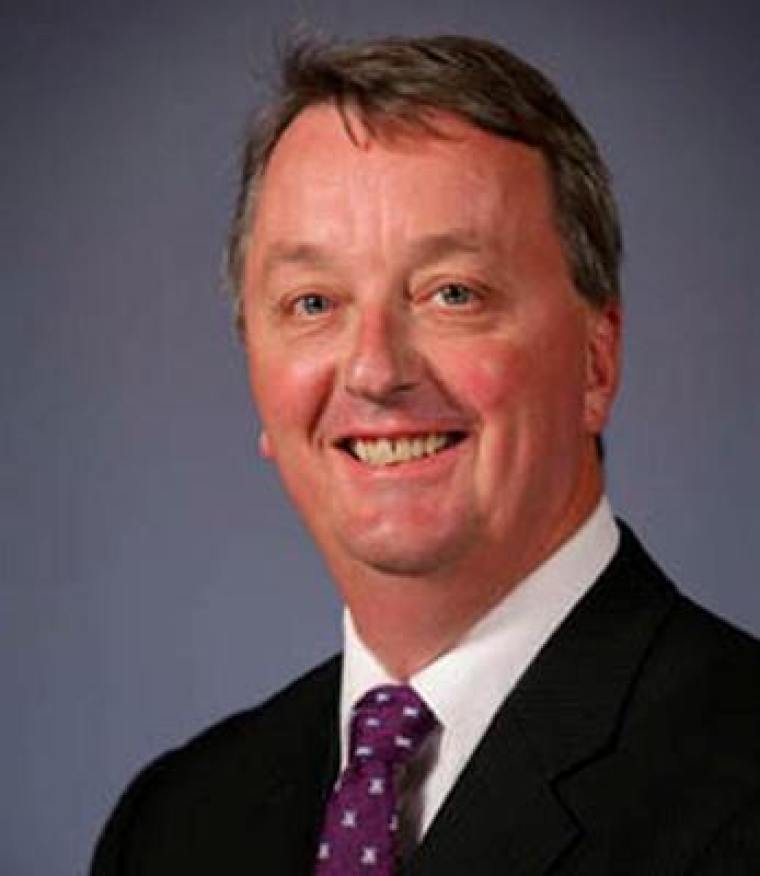
Am I cynical or what?
Here are some facts that make this whole scenario such a farce.
In the first instance, where very fast trains operate so too there is mammoth population. Take Japan – they have platform staff functioning as passenger pushes to ensure everyone gets on. This is not the place to be after enduring some surgery. Tokyo and Kobe have populations that dwarf Sydney, Melbourne and Brisbane combined. Take Europe, we're talking millions of people being moved.
This leads me to the second issue, that of distances. Does anyone realise that small Europe is and how large Australia is. Paris to Brussels is like Sydney to Wollongong. Brussels to Berlin is like Sydney to Moss Vale. Berlin to Warsaw is like Sydney to Gosford. Warsaw to Prague is like Sydney to Lithgow.
The third consideration is culture. I recall the MCC cricket chaplain the Reverend Andrew Wingfield-Digby in 1991 who came out to Australia with the English team for the Ashes series. We got together (Australian Team and MCC Team Chaplains) over a cuppa. It was his first trip to Australia and was dumbfounded that wherever he went from Perth in the West to Brisbane in the north, everyone spoke with the same tone and accent, whereas in Britain there is a different accent over the next hill.
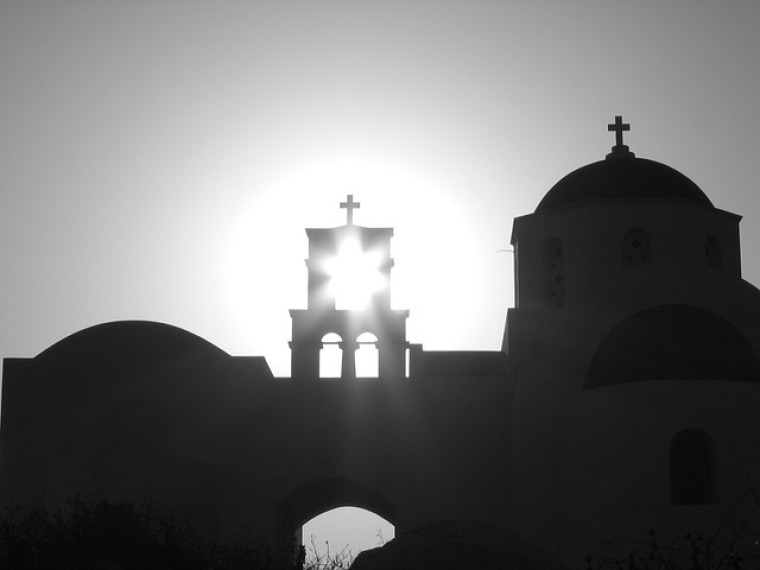
So too air travel in Australia. The distances are vast and no one today either has the time or the intent to spend two days on a train whereby they can get from one city to another from anywhere from one hour to three hours. The culture is such that we all like air travel. The day of the overnight and quite possibly the all night sleeper, is long gone unless you're on a tourist train or live in regional and rural Australia along major rail routes.
Then there is the most crucial issue, that of money. The capital outlay of rail perway infrastructure is nothing but mind blowing.
So, herein lies the possible economic reasoning for a very fast train line. To make it revue raising, there needs to be freight and for freight from one capital city to another criss crossing the nation, big, long, fast freighters need to be running such trips such as Melbourne to Brisbane via a western line.
This however is no passenger train option. Forget the quick rail trip inland, take the plane. This could work. Whack on four or five huge donks on the front, get the bogie wheeled freighter up and running, no stops apart a crew change, and within 12 hours your container has travelled from Melbourne to Brisbane running at around 100k per hour.
As for the Sydney to Canberra to Melbourne Very Fast Train on new infrastructure super track, wait for the 2025 election campaign!
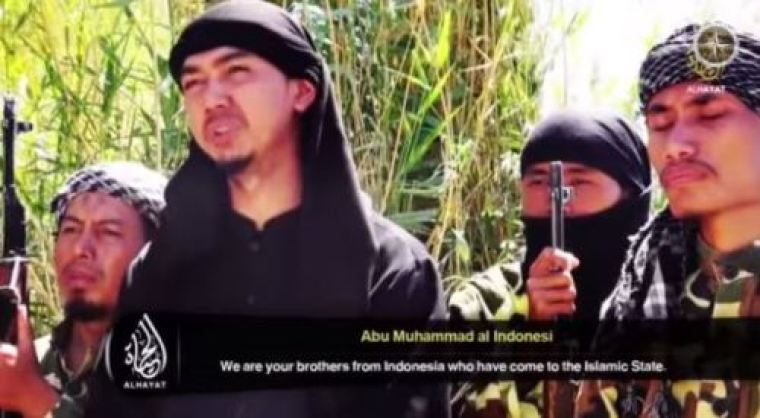
Dr Mark Tronson is a Baptist minister (retired) who served as the Australian cricket team chaplain for 17 years (2000 ret) and established Life After Cricket in 2001. He was recognised by the Olympic Ministry Medal in 2009 presented by Carl Lewis Olympian of the Century. He mentors young writers and has written 24 books, and enjoys writing. He is married to Delma, with four adult children and grand-children.
Mark Tronson's archive of articles can be viewed at http://www.pressserviceinternational.org/mark-tronson.html
